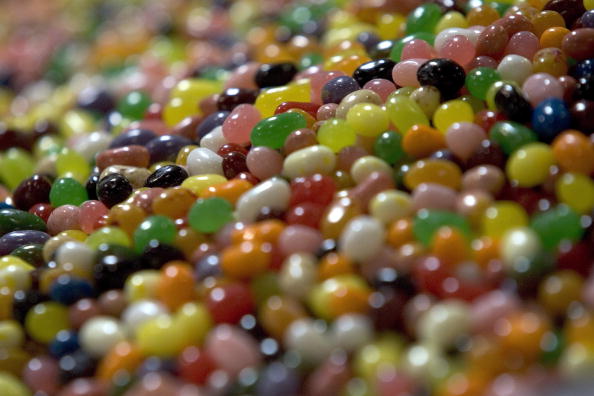
Xylitol, a sweetener used in many sugar-free candies and gums, is widely thought to help prevent cavities. Many makers of sugar-free sweets put it in their products because of this, but an analysis of research on the subject has found no evidence that xylitol actually reduces your risk of cavities.
Xylitol is still better than sugar as an ingredient in sweets because it does not promote cavities, but it does not appear to prevent them. It was thought to reduce the risk of cavities because it appears to be able to kill one of the bacteria that promote tooth decay in laboratory tests
The analysis that shows this might not be so was done by the Cochrane Collaboration, an international organization that evaluates and reports on medical research. The review looked at 10 studies that had a total of nearly 6,000 participants. Two of the studies evaluated had compared toothpaste with xylitol and fluoride to toothpaste with just fluoride in children and found a 13% reduction in cavities in the kids using the toothpaste with both ingredients. The Cochrane review judged these two studies to be of low quality and that the results may not hold in other groups of children.
Xylitol is a sugar alcohol and is widely found naturally in plants. It has no calories because it is not absorbed well by the body. Because it is not a sugar, it does not promote tooth decay, but the Cochrane review found that it does not appear to prevent cavities by killing bacteria in the mouth. Xylitol does increase the amount of saliva, which may help reduce formation of cavities.
The review also noted that many of these studies did not contain information about the side effects of xylitol. It has been linked with intestinal problems, including diarrhea.
